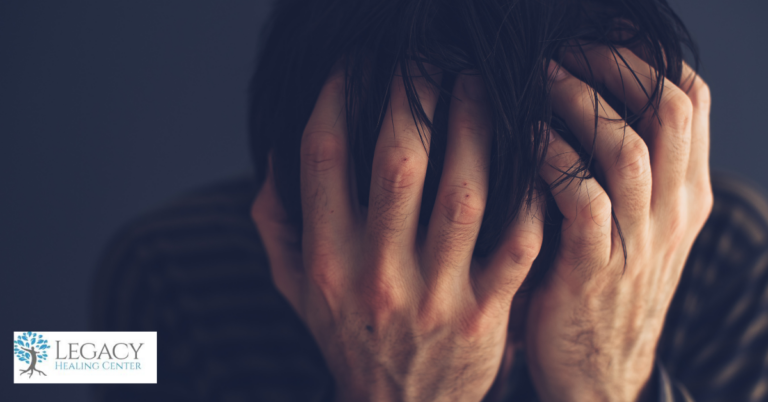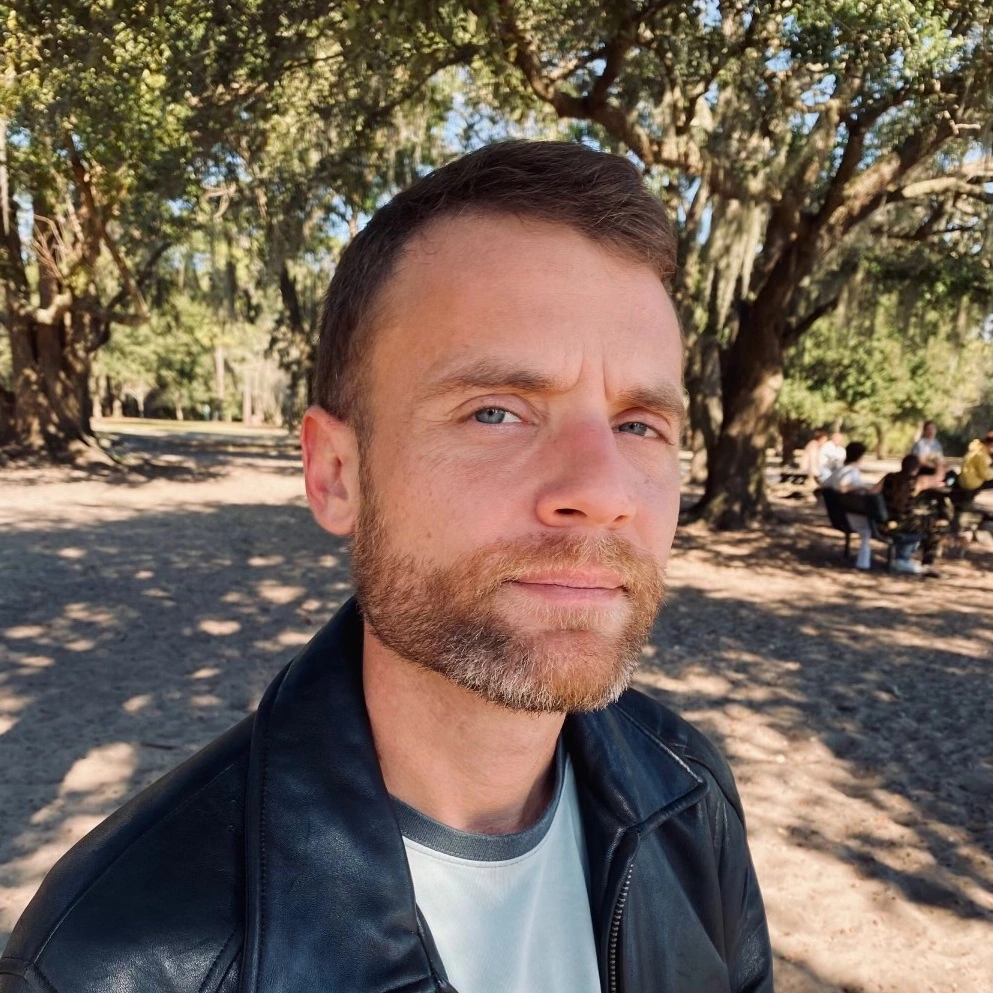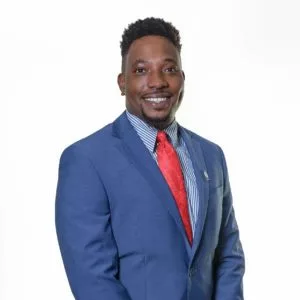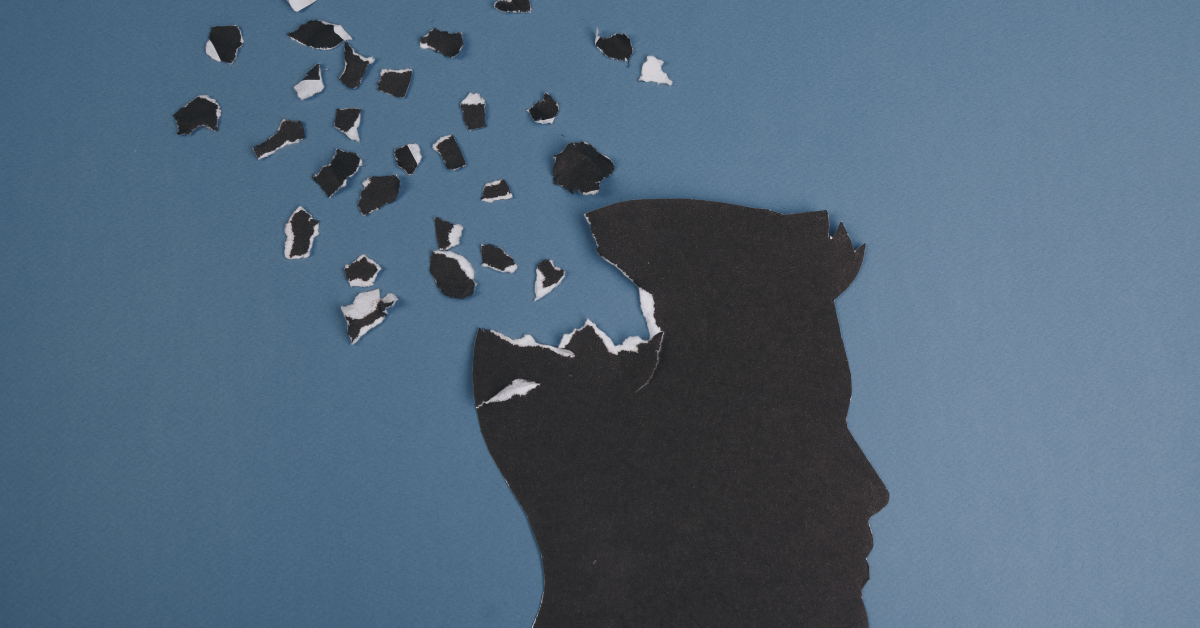OCD and Addiction
The relationship between obsessive-compulsive disorder (OCD) and addiction is complex. OCD involves intrusive thoughts and repetitive behaviors, significantly impacting daily life, while addiction is characterized by compulsive substance use despite harmful consequences, affecting various aspects of a person’s life. OCD and addiction often co-occur, each worsening the other’s symptoms, with individuals using substances or behaviors to cope with OCD, and addiction leading to impulsive behaviors resembling OCD compulsions.
At Legacy Healing Center, we provide holistic treatment that addresses both disorders simultaneously through personalized, evidence-based therapies that support recovery and overall well-being.
Breaking Down the Conditions
Obsessive-compulsive disorder (OCD) is a mental health disorder characterized by intrusive, persistent thoughts and repetitive behaviors or compulsions that individuals feel driven to perform. These obsessions and compulsions can consume a significant amount of time, cause distress, and interfere with daily functioning. Common obsessions include fears of contamination, doubts, and a need for symmetry; compulsions often manifest as excessive cleaning, checking, or counting.
Addiction is a complex condition that involves compulsive drug or alcohol use, despite harmful consequences. It is characterized by an inability to control substance use and a persistent craving for the substance. Addiction can affect various aspects of a person’s life, including relationships, work, and physical health. Common types of addiction include alcoholism, substance abuse, and behavioral addictions.
OCD and addiction frequently co-occur, often exacerbating each other’s symptoms. Individuals with OCD may use substances or engage in addictive behaviors to alleviate the distress caused by obsessions and compulsions. Conversely, addiction can lead to impulsive behaviors that may mimic compulsions, exacerbating OCD symptoms. This complex relationship underscores the importance of addressing both disorders concurrently to achieve lasting recovery.
Understanding Co-Occurring Disorders Treatment
A dual diagnosis, or co-occurring disorders, refers to the presence of both addiction and OCD simultaneously in an individual. This combination presents unique challenges for diagnosis and treatment. Individuals with OCD may turn to substances or behaviors as a way to cope with the anxiety and distress caused by their obsessions and compulsions. This self-medication can lead to the development of addictive behaviors, making it difficult to effectively treat either disorder in isolation. Additionally, addictive behaviors can resemble OCD compulsions, further complicating the clinical picture.
Integrated treatment, which addresses both OCD and addiction concurrently, has been shown to significantly improve outcomes for individuals with dual diagnoses. By treating both disorders simultaneously, we can better address the underlying issues that contribute to each condition. This holistic approach considers the interaction between OCD and substance abuse, tailoring therapy to meet the unique needs of each individual in order to manage symptoms, enhance overall quality of life, and reduce the risk of relapse.
Our national rehabilitation centers specialize in integrated treatment programs that recognize the complex relationship between OCD and alcohol abuse or drug addiction. Our experienced team of psychiatrists, psychologists, and addiction specialists work collaboratively to provide personalized care that supports recovery from both disorders. By addressing both substance abuse and OCD in tandem, we empower individuals to achieve long-term sobriety and improved mental health.
Dual diagnosis requires a specialized approach. We combine evidence-based therapies, such as cognitive behavioral therapy (CBT), medication management, and support groups to address both the compulsive behaviors associated with OCD and the addictive behaviors that accompany substance abuse. Our goal is to provide comprehensive care that promotes recovery, resilience, and well-being.
Our Approach to Treatment of Co-Occurring Disorders
Our team of experts offers a range of comprehensive treatment options designed to address both OCD and addiction. Our integrated treatment combines evidence-based therapies and specialized programs to meet the unique needs of each patient.
Comprehensive Assessment
Before beginning treatment, each patient undergoes a thorough assessment to evaluate the severity of OCD symptoms, addiction history, and any co-occurring mental health conditions. This assessment informs the personalized treatment plan that addresses all aspects of the individual’s health and well-being.
Customized Treatment Plans
We recognize that no two individuals are alike, so our treatment plans are tailored to meet the specific needs and goals of each client. Whether through our partial hospitalization program (PHP), intensive outpatient program (IOP), or outpatient program, we provide structured support and therapy to help individuals achieve and maintain sobriety while managing their OCD symptoms.
Medically Monitored Detox
For patients struggling with substance addiction, we offer medically monitored detox services to ensure a safe and comfortable withdrawal process. Our medical team closely monitors patients during detoxification and provides medical interventions as necessary to manage withdrawal symptoms.
Psychotherapy and Counseling
Our treatment programs include individual therapy, group therapy, and family therapy sessions. Cognitive behavioral therapy (CBT), and other evidence-based therapies are utilized to address the underlying causes of OCD and alcoholism or substance abuse, teach coping skills, and promote long-term recovery.
Aftercare Therapy
Recovery does not end with treatment. We provide comprehensive aftercare planning to support clients as they transition back to daily life. This includes ongoing therapy, relapse prevention strategies, and community support resources to help maintain sobriety and manage OCD symptoms over the long term.
Our treatment programs are led by a team of psychiatrists, psychologists, addiction specialists, and licensed therapists who are dedicated to providing compassionate care and support. We are committed to helping individuals with OCD and addiction achieve lasting recovery and improve their quality of life.
Get in Touch With a Rehab Center Today
Ready to overcome OCD and addiction? Our substance abuse and mental health treatment facilities are here to support your journey to recovery with a range of services designed to meet your needs. Contact us today to learn more about our comprehensive behavioral health treatment facilities. Interested in understanding addiction, behavioral health, and their treatments better? Explore our addiction articles for invaluable insights into substance abuse and mental health issues.






